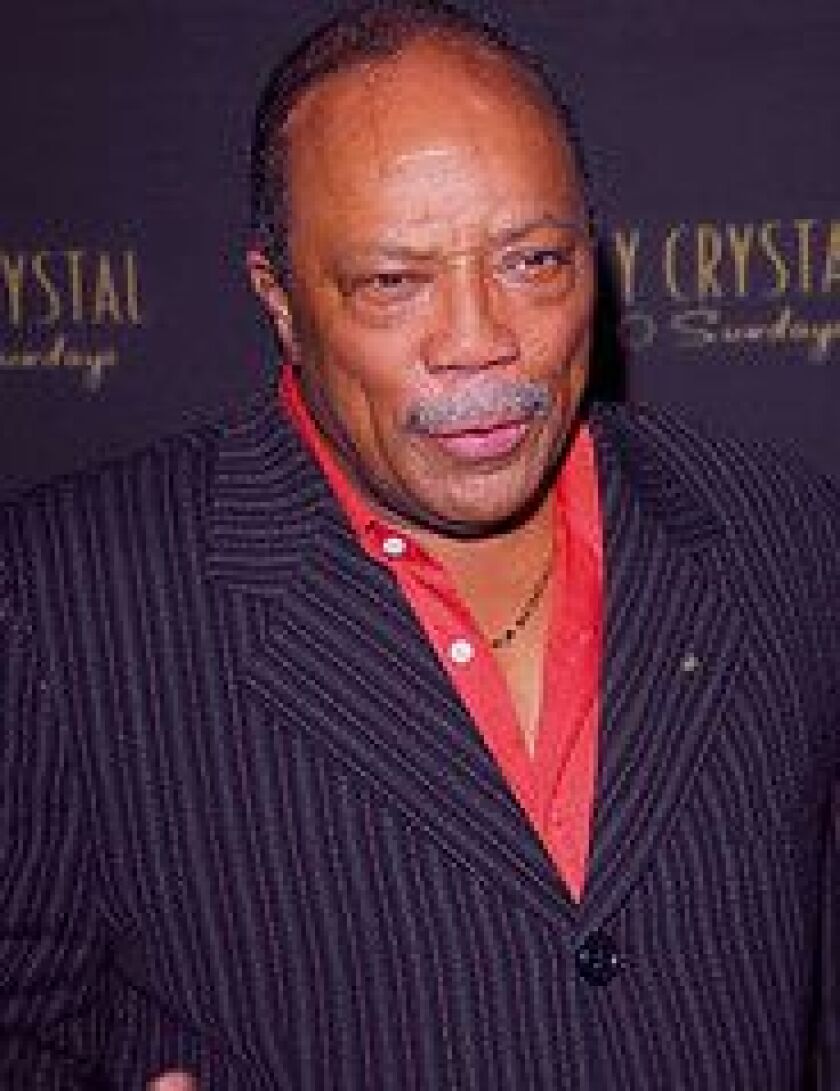The second day of panels at SXSW started for me with a session called “Indie Labels Keep the Faith” featuring representatives from two of Chicago’s best: Nan Warshaw, co-owner of Bloodshot Records, and Howard Greynolds, formerly one of the overseers at Touch and Go.
Warshaw said Bloodshot has seven full-time and three part-time employees. Touch and Go, long one of the most respected indie labels in America, recently scaled back from 23 employees to three, Greynolds said, and he was one of those let go.
Though Warshaw, Greynolds and other panelists from Rounder, Wildflower, Barsuk and Kill Rock Stars tried to paint as positive a picture as possible about the work these indies have done and continue to do, one couldn’t help but leave the session thinking that the prognosis is dire indeed, with five thousand record stores having closed their doors in the last few years, the CD doomed to extinction within the next few years and the new music industry shaping up to include tiny labels that sell fewer than 5,000 records on vinyl or as a downloads at one end of the spectrum and a handful of majors that sell more than 50,000 albums at the other–eliminating the middle ground where the best indie labels traditionally have thrived.
“We’re going to see everything change and every [indie label] becoming a fraction of themselves,” Greynolds said. Added Warshaw: “In addition to the world economic collapse that’s happening globally, we’re going to see indie labels… in free fall.”
Ironically, as the business of selling recorded music becomes ever more dire, more records are being made than ever: Panel chairman Ken Irwin of Rounder said the number of albums released each year has climbed from 35,000 a few years ago to 85,000 now. “There are more pieces of sand than at any point in time, and the struggle for all of us is to get that piece of sand recognized on that huge beach,” he said.
Some of the panelists suggested that one future for indie labels may be signing artists to the sort of “360 deals” being roundly criticized at the superstar level (U2 has one with Live Nation), whereby a label gets a cut of every penny an artist earns, from recordings to touring and T-shirt sales. All of the panelists agreed that artists need to realize the difficulties their labels face, and to work with the companies in discouraging–or at least not encouraging–illegal downloads and Internet leaks.
Moments after walking out of the panel, I overheard a classic example of an artist expecting miracles from a frazzled manager or label rep. “Calm down. Calm down,” the exec was saying on the phone to what was clearly an artist upset that on the second day of SXSW, he has not yet become a superstar. “Nothing happens instantly–not even a microwave. You even have to wait for that!”
In light of the seismic changes in the industry, the selection of Quincy Jones as the keynote speaker was an odd choice: Among other things, the Chicago-born 76-year-old is famous as a former bebop player, arranger for Frank Sinatra, producer of Michael Jackson’s “Thriller” and owner of 27 Grammys (out of a record 79 nominations). In short, Jones is pretty much the personification of the old-school music industry, representing a platinum standard for success that clearly will never exist again.
Jones’ talk was rambling, unfocused, occasionally amusing but more often annoying for the fact that he really had no wisdom to impart to the capacity crowd of aspiring musicians, essentially just bragging about a career that has spanned 78 r.p.m. records to digital downloads. He boasted about his reputation as “the Ghetto Gump”–so named for his ability to so often show up at the right place at the right time next to the right famous personality–and he tried to back that up by dropping an unrelenting series of his “homies’” names, ranging from Christopher Cross, Willie Nelson and George Burns to “Bobby” DeNiro, Colin Powell and P. Diddy.
Because he spent his earliest years, until about age 8, on the South Side, which he called “the biggest black ghetto in America” and home to the country’s baddest gangsters, Jones was being drawn to a life of crime himself until he discovered the piano one night while breaking into an armory/community center. (That was at age 11, by which point his family had moved to Washington state.) He never quite explained how his innate musical talents blossomed and led him to become such a massive success, but he did offer one piece of advice.
“Never forget that we are terminals and instruments of a higher power,” Jones said. “If you don’t forget that, than you will create for the rest of your life.”
Um, thanks, Q. And how exactly did you and Michael decide to invite Vincent Price to do that voiceover on “Thriller”? I guess we’ll never know.





